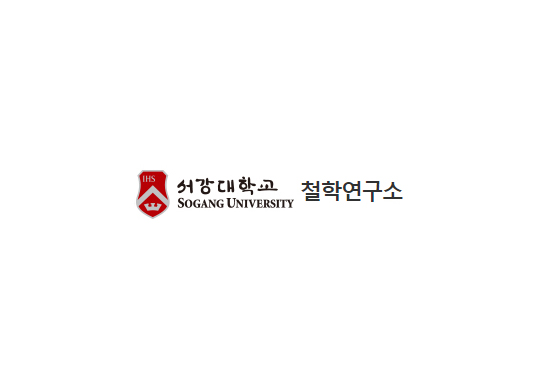유학사상은 서양의 자유 이념과 모순되는가? – 자유의 이념적 유형(ideal type)으로의 접근 –
Is Confucian thought fundamentally inconsistent with Western freedom’s ideal? – Approach to the ideal type of freedom –
현대의 많은 사람들에게 ‘유교’와 ‘자유’는 완전히 모순적인 관계는 아니 라고 할지라도, 서로 어울리기 힘든 조합으로 여겨지는 경향이 있다. 동양과 서양 의 문화적 특징을 각각 ‘집단-권위-규율’, ‘개인-인권-자유’로 짝지어 이해하는 이분 법적 방식은 어느 정도까지 그 타당성을 인정받을 수 있을까? 자유라는 주제로 동 아시아 유교를 다루는 기존 연구에서는 서양의 자유 개념이 어떻게 동아시아에 유 입되게 되었는지, 또 이에 대한 동아시아 유교 지식인들의 반응은 어떠했는지 ‘동· 서 교섭사적 측면’에서 접근하거나, 자유주의라는 특정한 근대적 사조와 유교의 인 간관, 세계관 등 가치관을 ‘유교의 현대적 재해석의 측면’에서 비교, 분석하는 작업 이 주를 이루었다고 말할 수 있다. 하지만, 동·서양 문화의 충돌로 인한 ‘충격과 반 응’이라는 틀에서 고찰된 근대 동아시아의 교섭사적 ‘자유’ 담론은 당시 서세동점 이라는 극변하는 세계질서의 영향 아래에서 논의될 수밖에 없기 때문에, 서양의 자 유사상의 다양한 측면뿐 아니라, 유교의 인간관이나 세계관에 함의된 자유정신에 대해서도 제대로 논의되기 어렵다. 근·현대인의 관점에서 접근하는 ‘자유 개념’으로 는 본 논문에서 제기하는 물음들을 해결하기에 한계를 가질 수밖에 없다. 본 논문 은 자유라는 주제와 관련된 기존 동서비교철학적 연구의 한계를 지적하고, 이사야 벌린의 자유 개념을 참고하여, 방법론적으로 이념적 유형(ideal type)으로서의 자유 개념을 제시해보려는 시론적 연구이다. 이러한 자유 개념은 동양과 서양을 ‘집단-권 위-규율’, ‘개인-인권-자유’로 구분하는 기존의 이분법적 틀을 해체하는 동시에, 보 다 적절하게 동아시아 유교를 분석하는 틀로서 기능할 수 있음을 보일 것이다.
Many people today see “Confucianism” and “freedom(liberty)” as two ideas that do not easily fit together, even if they are not completely contradictory. This paper examines whether this division, often simplified into “Eastern” values of group, authority, and discipline versus “Western” values of individual, freedom, and human rights, is truly valid. It also questions whether the concept of freedom can be recognized within Confucian thought itself. The goal of this research is to highlight these shortcomings in previous studies comparing Eastern and Western views of freedom. Drawing from Isaiah Berlin’s two concepts of liberty, this paper proposes an ideal framework for understanding freedom. This framework helps break down the overly simplistic division between Eastern (“group-authority-discipline”) and Western (“individual-human rights-freedom”) values. It also serves as a useful tool for analyzing and understanding freedom within East Asian Confucianism itself.
서강대학교 철학연구소
성균관대학교 성균유학동양철학연구원 고승환

